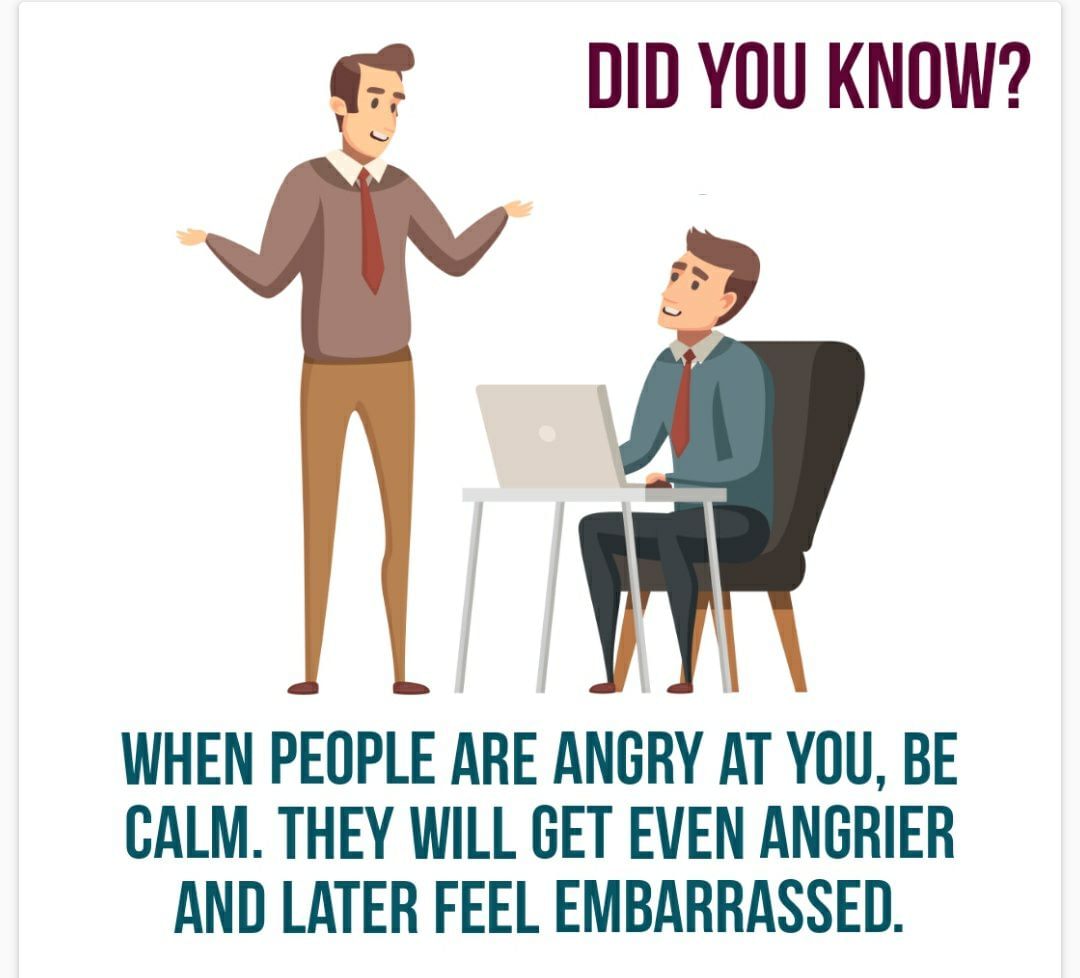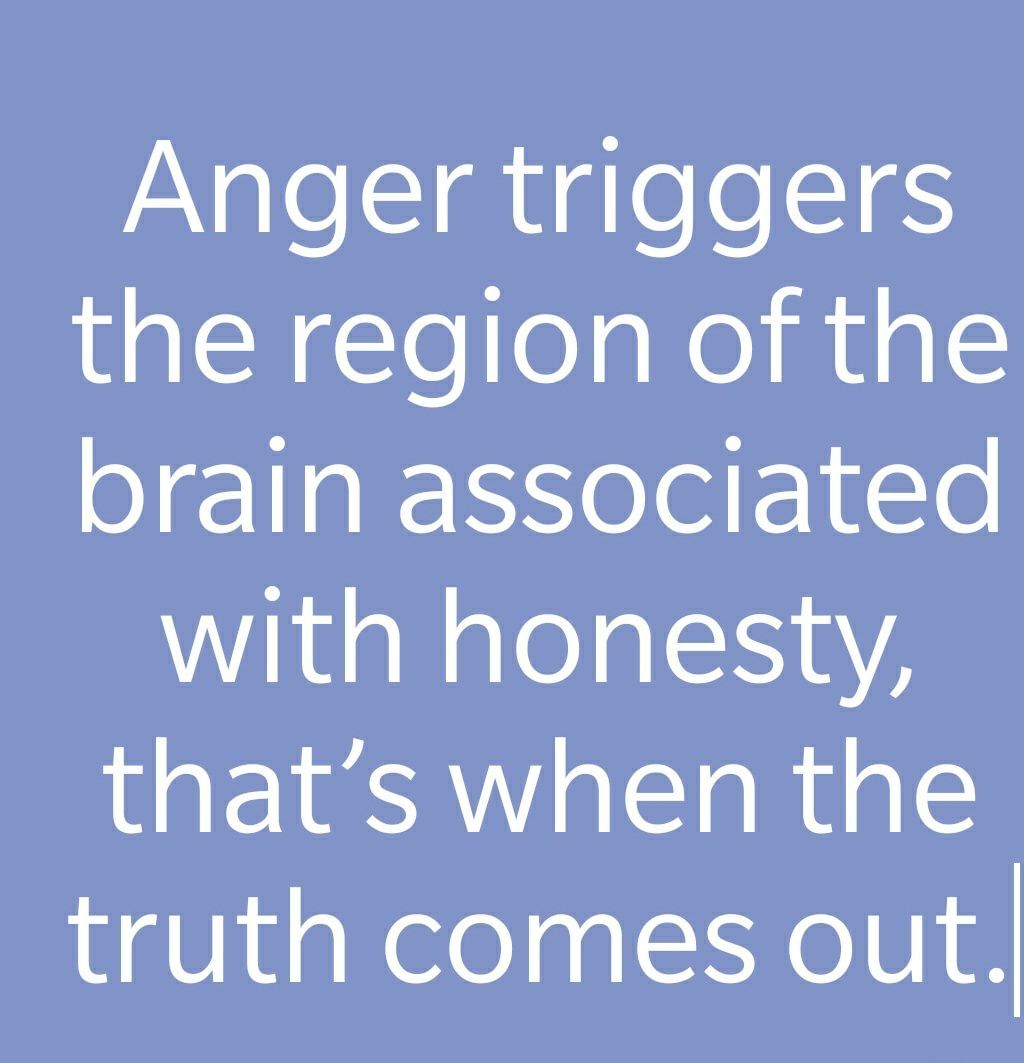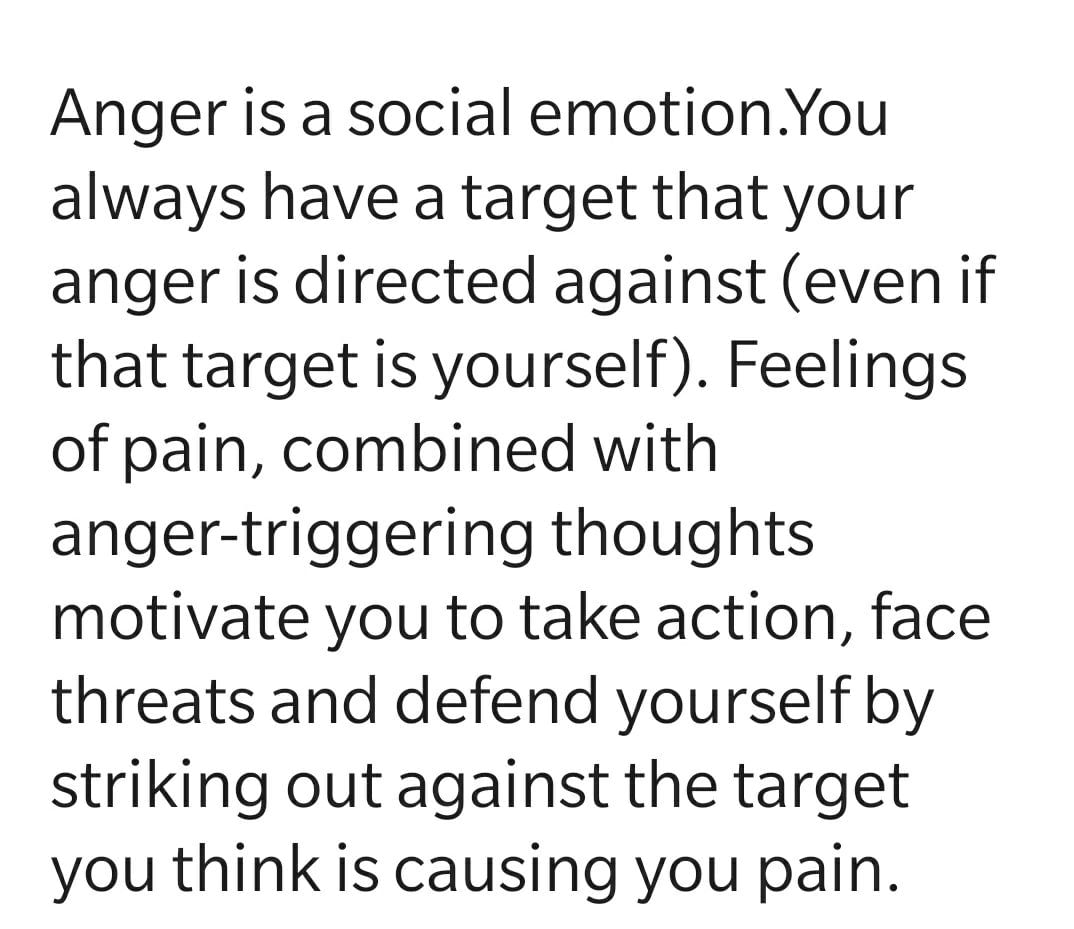Get the App
For Doctors
Login/Sign-up
About
Health Feed
Find Doctors
Health Packages
AllQ&AsTipsQuizzes
Anger Management Tips
Last Updated: 5 years ago• Featured Tip
Share
Bookmark
Report
Last Updated: 5 years ago• Featured Tip
Share
Bookmark
Report
Last Updated: 5 years ago• Featured Tip
Share
Bookmark
Report
Last Updated: 6 years ago• Featured Tip
Share
Bookmark
Report
All throughout our lives, we are likely to make mistakes, hurt people. Our actions and things we say in anger can bring much suffering to others. Much of this happens inadvertently. Despite that, it is important to make amends. And making it up to the person you wronged starts with an apology. A true and heartfelt apology can mend fences and repair strained relationships.
What is an Apology?
An apology is an act that shows you are remorseful of your words or actions. Through it...more
What is an Apology?
An apology is an act that shows you are remorseful of your words or actions. Through it...more
Last Updated: 6 years ago• Featured Tip
Share
Bookmark
Report
While we all wish to avoid emotional distress due to the sense of loss and fear attached to it, we invariably become a victim of such pain at some point in time in our lives. Here the irony is that the more we want to escape pain, the nearer it comes to us, and the more intense its effects get.
There is hardly an individual around the globe who have not gone through ups and downs, but it doesn't signify that there is something wrong in the life we lead. It only manifests that we are hum...more
There is hardly an individual around the globe who have not gone through ups and downs, but it doesn't signify that there is something wrong in the life we lead. It only manifests that we are hum...more
Last Updated: 6 years ago• Featured Tip
Share
Bookmark
Report
Do you get angry easily? Do you fume when something goes against your wish? Does your blood pressure rocket when someone tells you something that you don't like? Anger is a normal emotion of human psychology, but it is equally important to keep your anger under control.Just like any other emotion, anger too varies with every individual and the circumstances.Uncontrolled anger can lead to mental and physical stress along with stress on relationships as well as your health. Therefore, it is import...more
Last Updated: 6 years ago• Featured Tip
Share
Bookmark
Report
Anger is a very negative emotion and can be the underlying cause of many relationships falling apart. There are people who cannot manage their anger completely and express it by yelling, throwing things, or even physically harming others. While anger is a natural emotion, it is important to control it else it can even harm one s own health.
Research has proven that every emotion is associated with a chemical reaction in the brain. While happiness produces certain chemicals, anger produc...more
Research has proven that every emotion is associated with a chemical reaction in the brain. While happiness produces certain chemicals, anger produc...more
Last Updated: 6 years ago• Featured Tip
Share
Bookmark
Report
Do you get angry easily? Do you fume when something goes against your wish? Does your blood pressure rocket when someone tells you something that you don't like? Anger is a normal emotion of human psychology, but it is equally important to keep your anger under control. Just like any other emotion, anger too varies with every individual and the circumstances. Uncontrolled anger can lead to mental and physical stress along with stress on relationships as well as your health. Therefore, it is impo...more
Last Updated: 6 years ago• Featured Tip
Share
Bookmark
Report
Anger is a type of feeling whereas aggression is a type of behaviour. However, the two are frequently confused with each other. At different times individuals use their anger as a reason to act in an aggressive way. Here are a few differences between anger and aggression:
Anger is an acceptable feeling simply like bliss or sadness. Everybody feels angry once in a while. However, numerous individuals deny that they ever feel angry. For others, they have a tendency to wind up being angry ...more
Anger is an acceptable feeling simply like bliss or sadness. Everybody feels angry once in a while. However, numerous individuals deny that they ever feel angry. For others, they have a tendency to wind up being angry ...more
Last Updated: 6 years ago• Featured Tip
Share
Bookmark
Report
Becoming a parent is one of the greatest joys in life. It is a magical feeling to hold your child in your arms for the first time. However, as your child grows up, you will notice certain behavioural changes that can be difficult to control or withstand. Temper tantrums are common in children. A child uses tantrums to vent frustration and anger, which he/she feels toward a person or a situation.
While such temper tantrums may lead you to lose your temper, remember that children do not h...more
While such temper tantrums may lead you to lose your temper, remember that children do not h...more
Book appointment with top doctors for Anger Management treatment
View fees, clinic timings and reviews
Ask a free question
Get FREE multiple opinions from Doctors
posted anonymously



















